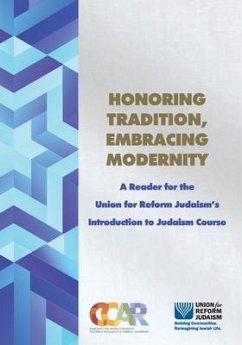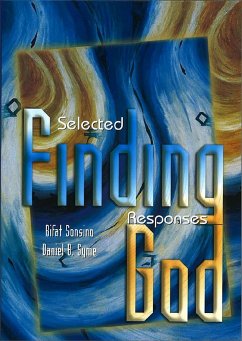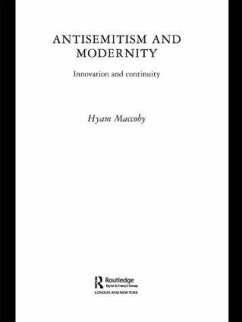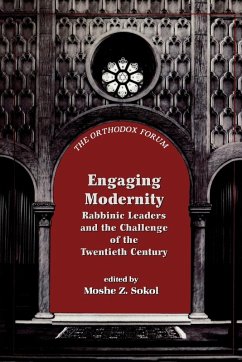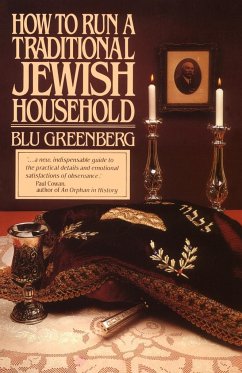Nicht lieferbar
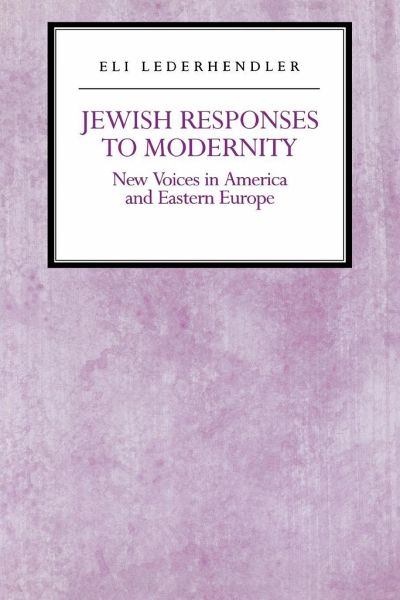
Jewish Responses to Modernity
New Voices in America and Eastern Europe
Versandkostenfrei!
Nicht lieferbar
Facing the dizzying array of changes commonly referred to as modernity, Jews in 19th-century Eastern Europe and early 20th-century America reflected the crises and opportunities of the modern world most eloquently in their speech, culture, and literature. Relying on those spoken and written words as eyewitnesses, Eli Lederhendler illustrates how the self- perceptions of Jews evolved, both in the Old World and among immigrants to America. He focuses on a wide range of subjects to provide an overview of this clash between old and new and to reveal ways in which cultural conflicts were reconciled...
Facing the dizzying array of changes commonly referred to as modernity, Jews in 19th-century Eastern Europe and early 20th-century America reflected the crises and opportunities of the modern world most eloquently in their speech, culture, and literature. Relying on those spoken and written words as eyewitnesses, Eli Lederhendler illustrates how the self- perceptions of Jews evolved, both in the Old World and among immigrants to America. He focuses on a wide range of subjects to provide an overview of this clash between old and new and to reveal ways in which cultural conflicts were reconciled. How, for instance, was messianic language adapted to serve nationalistic goals? What did America signify to Jewish thinkers at the turn of the century? What do Jewish user's guides to the New World tell us about Jewish secular culture and its perspective on sex, love, marriage, etiquette, and health? More generally, what do Jewish letters and literature tell us about how communities adapt to radically new environments? Jewish Responses to Modernity highlights the manner in which codes and symbols are passed from one generation to the next, reinforcing a group's sense of self and helping to define its relations with other. The book clearly demonstrates the importance of language as a vehicle for minority-group self-expression in the past and in the present.





